I am using TABLE OUTPUT component in pentaho tool.After i checked "use batch update for insert" it should run as one single insert statement for over all records.
where as insert is happening like one by one insert script which i found using profiler as below,
insert into #temp values('a')
insert into #temp values('b')
insert into #temp values('c')
But "use batch update for insert" should not behave like each insert query. Can anyone give me suggestion regarding this issue
Expectation :
insert into #temp values('a'),('b'),('c')
